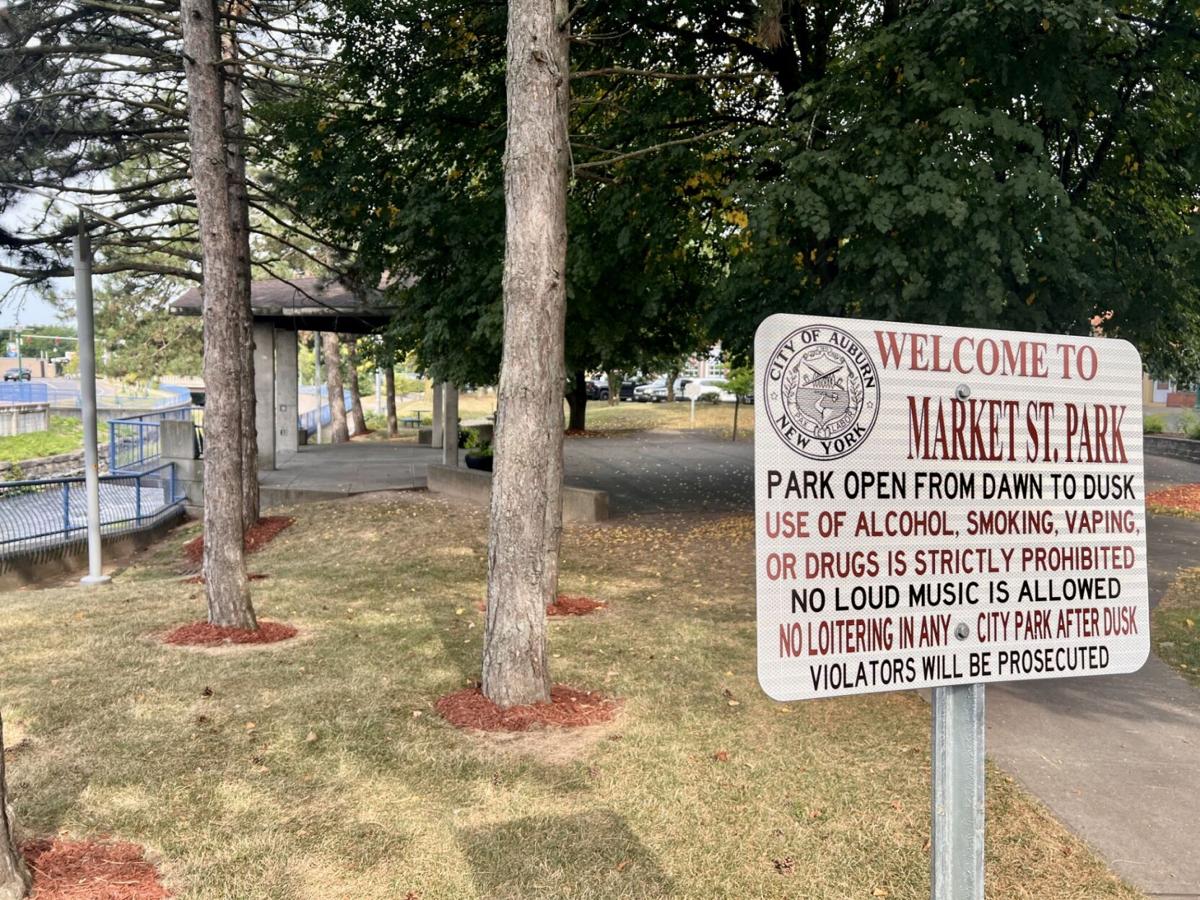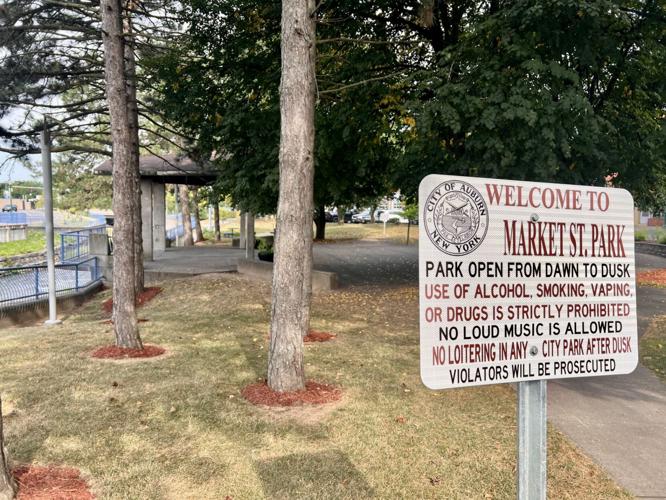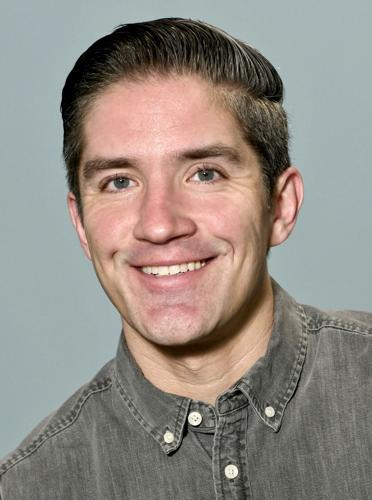Reporting on homelessness often lacks a very important voice: homeless people.
ČËĘŢĐÔ˝» has been no exception this year as we've reported on the effort to build a new shelter in Auburn in response to rising numbers of homeless people here. Our stories, and the dialogue they've generated, have included the developer, officials and community members both for and against the shelter. But we haven't included the thoughts of a single homeless person.
It's not because we don't want to include them. It's because the same terrible systemic forces that cause homelessness can also make their voices harder to hear. They don't attend planning and zoning board meetings. They don't register for accounts to comment on . They have bigger things to worry about than being interviewed by the local newspaper.
Still, we want to include the voices of homeless people in our reporting — now more than ever. I've lived in downtown Auburn for 13 years and I've never seen so many of them on the streets, lining up for food at the Salvation Army and gathering in Market Street Park. While some may see a problem to solve or even ignore, I see people with important stories to tell.
People are also reading…
So I've been seeking those stories out.
For the past few weeks, I've been accompanying volunteers with the Safe and Warm program at Harriet Tubman Memorial AME Zion Church in Auburn to deliver meals and hygiene products to homeless people on Friday afternoons. We've knocked on the doors of people housed at the Auburn Inn and Cayuga Inn at the Finger Lakes, and visited people in Market Street and Buonocore parks.
All my introductions have been made by Eli Gansert, a cofounder of Safe and Warm who has been homeless himself. His rapport with the people in the hotels and parks is truly something to behold. With a grocery bag full of sandwiches in each hand he announces himself in a voice that booms down the halls, making sure no one misses their opportunity for a free meal. Children flock to him like he's the ice cream man, and adults share their latest trials and tribulations like he's their social worker. He's relentlessly attentive, and encouraging, to everyone who asks for his time.

David Wilcox, executive editor of ČËĘŢĐÔ˝» and .
Thanks to Eli, who's also been passing out my business cards when I'm not with him, I've spoken to a few homeless people in Auburn so far. The results of those interviews will appear in future reporting in ČËĘŢĐÔ˝» and on . We've talked about how they became homeless, their experiences with the systems that exist to support them, and more.
For now, I can tell you a few things about the people I've interviewed, just to clear up some misconceptions I commonly see: They're from Auburn. They're not homeless because they want to be, or chose to be, but rather because of circumstances outside their control — circumstances that could befall any of us. And they're grateful for having their stories told.
Also, at least some of them do read the comments. Auburn's homeless people are aware of what's said about them on and social media, and it can hurt. That's because they're people, first and foremost, and we hope our reporting makes that abundantly clear as the dialogue about them continues. It certainly shouldn't continue without them.
If you're homeless and would like to share your story, or if you want to recommend someone who is, please call me at (315) 282-2245 or email me at david.wilcox@lee.net.
















